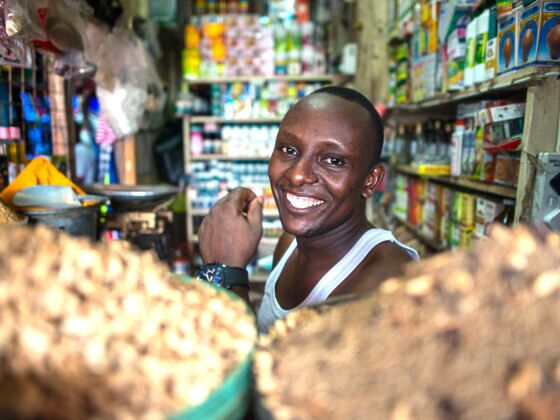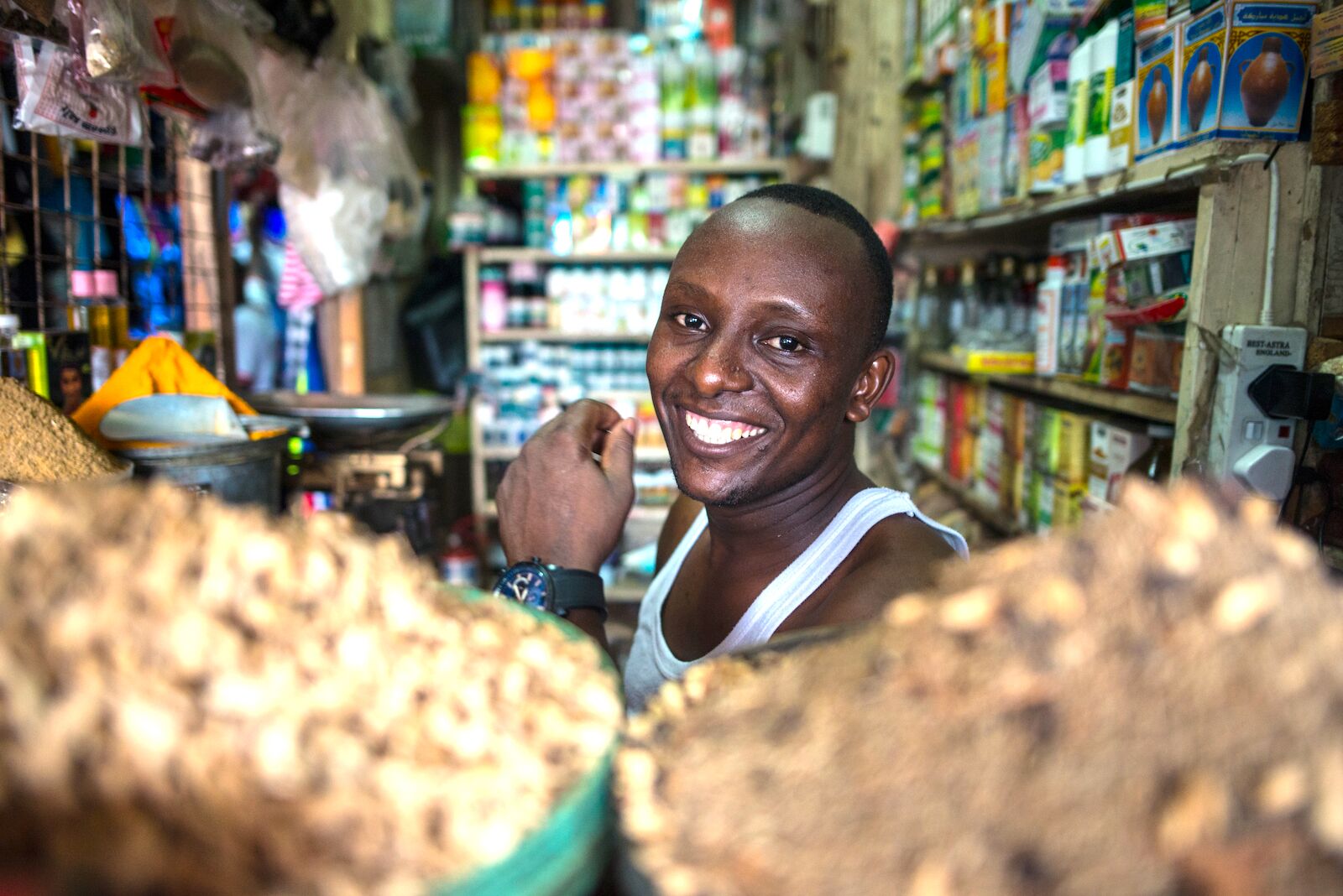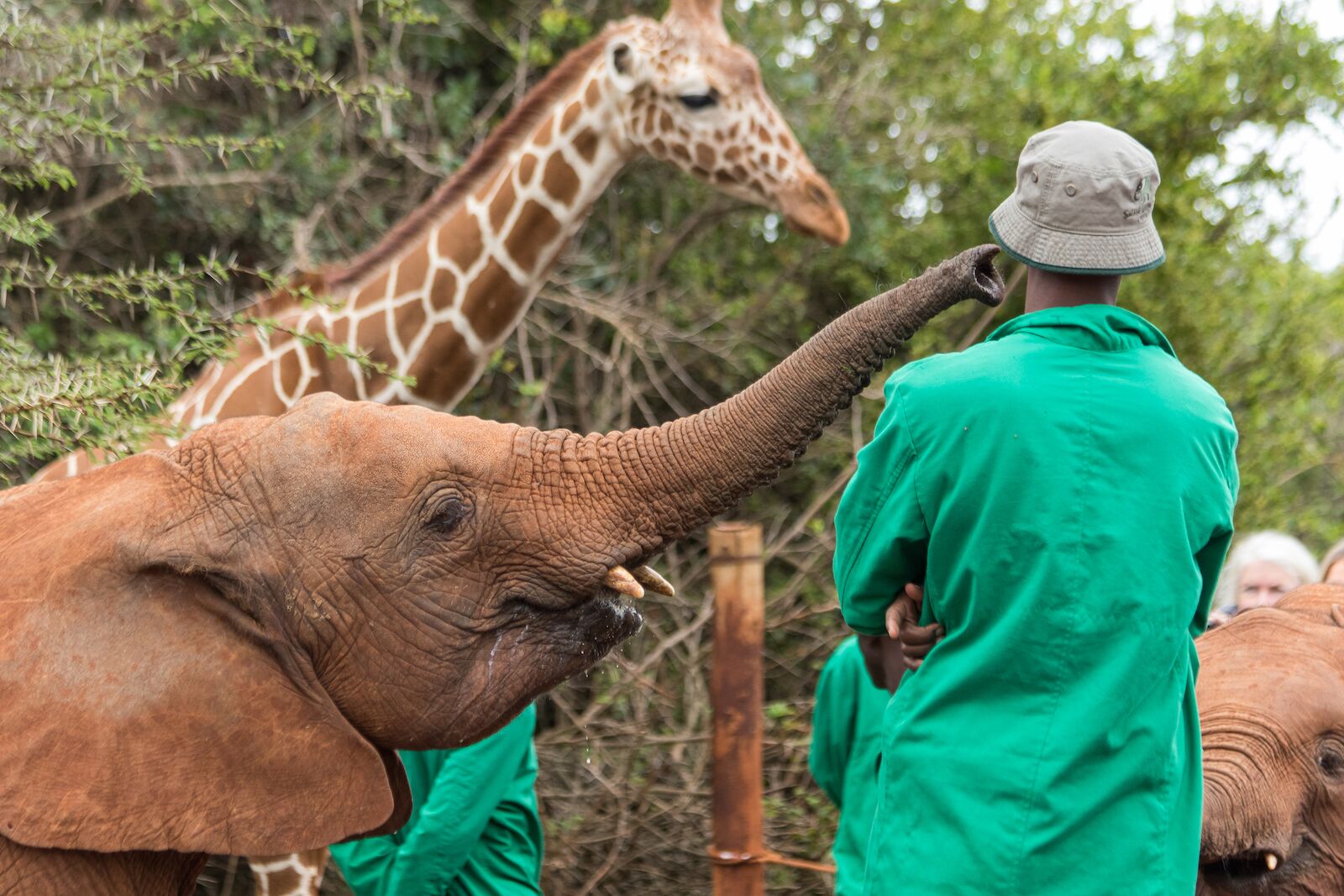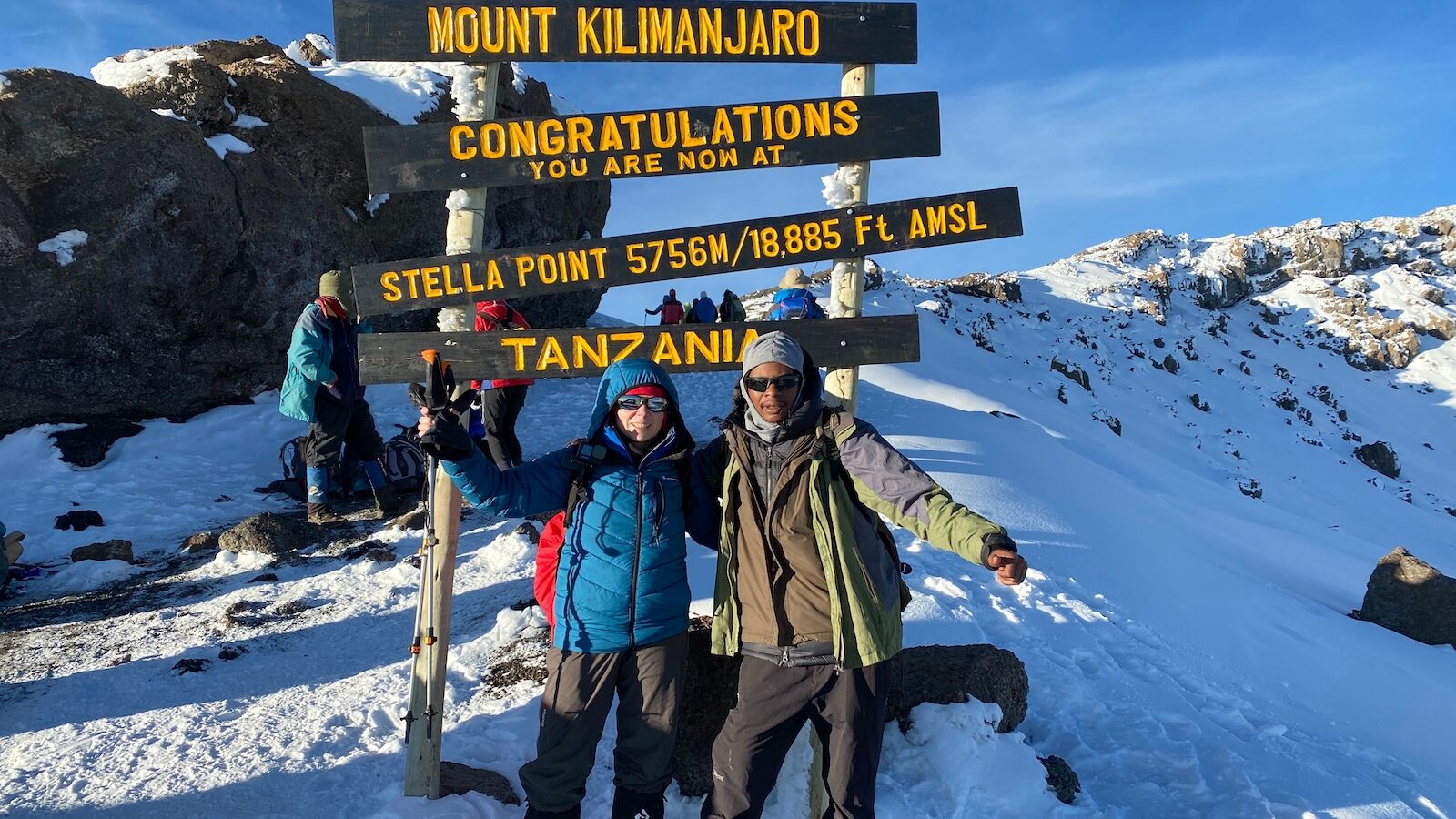Likely unbeknown to visitors traveling to Tanzania to see Mount Kilimanjaro and its beautiful surroundings, Africa’s highest peak serves as the perfect introduction to the Swahili language. Kilimanjaro comes from the words “Kilima,” meaning mountain, and “Njaro,” which means shining or white.
A language barrier is rarely a problem when visiting East African countries as most people can speak English or French decently well. However, being the lingua franca in Tanzania, Kenya, Mozambique, and more, tourists would be remiss not to get acquainted with Swahili before they go.



